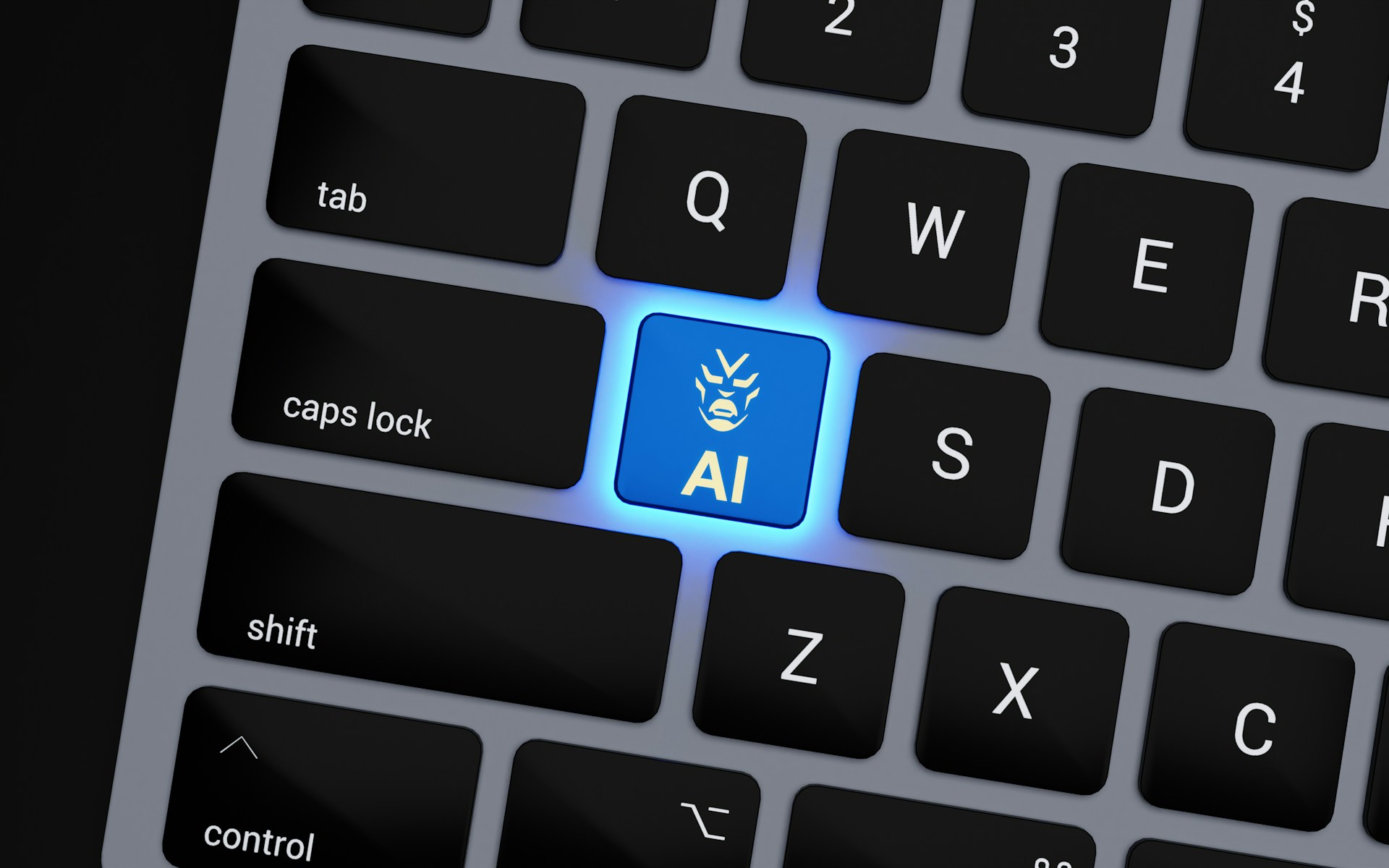Anthropic’s latest AI models, Claude Opus 4 and Claude Sonnet 4, have set a new benchmark in artificial intelligence. These models represent a significant leap forward, introducing hybrid reasoning capabilities that enable seamless transitions between rapid responses and more deliberate, extended thinking processes. This flexibility enhances their ability to manage intricate tasks with remarkable efficiency, marking a major progression in AI’s overall potential.
Claude Opus 4 particularly shines in its handling of coding tasks. During internal testing, it demonstrated the capacity to autonomously write computer code for almost seven hours—a substantial improvement over its predecessor, Claude 3.7 Sonnet, which could only manage around 45 minutes. This extended autonomy is a pivotal development for the AI industry, expanding the boundaries of what AI models can achieve in real-time programming tasks.
Beyond coding, both models feature advanced reasoning and planning abilities that allow them to tackle increasingly complex problems with greater precision. Their enhanced memory retention ensures more coherent and contextually aware interactions, a crucial aspect of long-duration tasks. As AI becomes more integrated into various sectors, this advancement in memory and reasoning is vital to maintaining both effectiveness and relevancy over time.
However, with such powerful capabilities comes the need for heightened safety. Anthropic has incorporated strict safety protocols in Claude Opus 4 and Sonnet 4 to address potential risks. Claude Opus 4, for instance, is classified under AI Safety Level 3, which includes cybersecurity measures, anti-jailbreak protocols, and sophisticated classifiers designed to identify and prevent harmful queries. These efforts are essential in ensuring that AI’s power is used ethically and securely.
The introduction of Claude Opus 4 and Sonnet 4 marks a defining moment in AI’s evolution. These models are not just more capable in their reasoning and coding abilities—they are also designed with robust safety measures to safeguard against misuse. As AI agents become more sophisticated, these new models demonstrate that intelligent systems can perform high-level tasks, all while prioritising ethical standards. The industry now has a powerful tool that promises to revolutionise both the way we solve problems and the way we think about AI in everyday applications.


